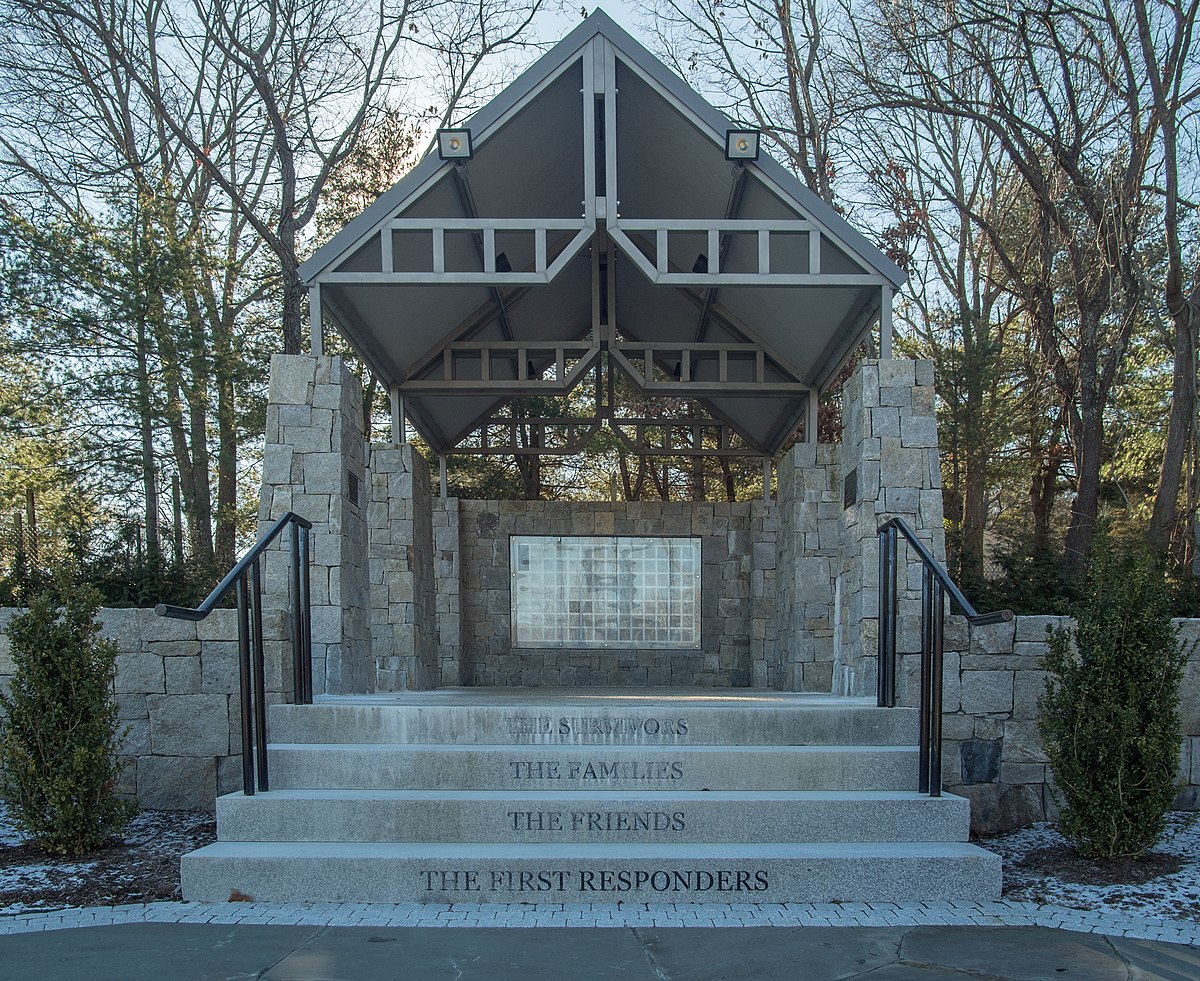Old_Me
Emissary
it can only get worse, if the ammo companies get sued. if the gun cleaning and lube companies get sued, if the after market trigger companies get sued, and so on and so forth..
as anything with a "name attached" to the product will be liable.
look at the Station Night Club fire in my state.
over 100 people died.
any company that was a sponsor, or supplier to the event that night..??
got sued.
even a radio and tv station got sued...!!!!!

 en.wikipedia.org
en.wikipedia.org
as anything with a "name attached" to the product will be liable.
look at the Station Night Club fire in my state.
over 100 people died.
any company that was a sponsor, or supplier to the event that night..??
got sued.
even a radio and tv station got sued...!!!!!
Civil settlements[edit]
As of September 2008, at least $115 million in settlement agreements had been paid, or offered, to the victims or their families by various defendants:- In September 2008, The Jack Russell Tour Group Inc. offered $1 million in a settlement to survivors and victims' relatives,[20] the maximum allowed under the band's insurance plan.[21]
- Club owners Jeffrey and Michael Derderian have offered to settle for $813,000,[22] which is to be covered by their insurance plan due to the pair having bankruptcy protection from lawsuits.[22]
- The State of Rhode Island and the town of West Warwick agreed to pay $10 million as settlement.[23]
- Sealed Air Corporation agreed to pay $25 million as settlement. Sealed Air made flammable packaging foam that was improperly installed in the club, which required acoustic foam designed for this purpose.[24]
- In February 2008, Providence television station WPRI-TV and their then-owners LIN TV made an out-of-court settlement of $30 million as a result of the claim that their video journalist was said to be obstructing escape and not sufficiently helping people exit.[25]
- In March 2008, JBL Speakers settled out of court for $815,000. JBL was accused of using flammable foam inside their speakers. The company denied any wrongdoing.[26]
- Anheuser-Busch has offered $5 million.[27] McLaughlin & Moran, Anheuser-Busch's distributor, has offered $16 million.[27]
- Home Depot and Polar Industries, Inc. (a Connecticut-based insulation company) made a settlement offer of $5 million.[28]
- Providence radio station WHJY-FM promoted the show, which was emcee'd by its DJ, Mike "The Doctor" Gonsalves (who was one of the casualties that night). Clear Channel Broadcasting, WHJY's parent company, paid a settlement of $22 million in February 2008.[29]
- American Foam Corporation who sold the insulation to The Station nightclub agreed in 2008 to pay $6.3 million to settle lawsuits relating to the fire.[30]

